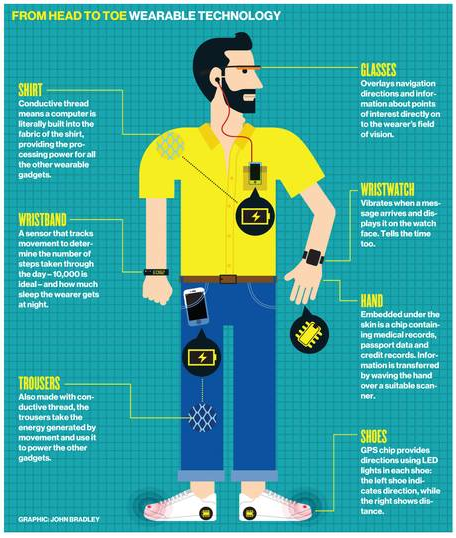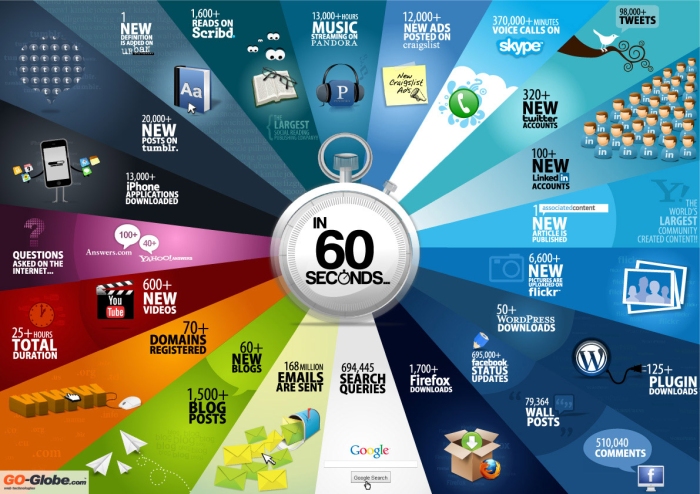Emerging media is coming to light in all industries. Businesses are realizing the need to embrace emerging media platforms in order to give themselves an edge over the competition.
Real Estate is but one industry embracing emerging media, more specifically the platform of mobile media. Real estate mobile marketing is a highly effective way to supplement regular phone calls, emails and mailings. An increasing number of agents are implementing real estate mobile marketing strategies to generate more business and provide better service to their existing clients (Real Estate Mobile Marketing Strategies., 2015).
 Image retrieved from http://www.mobyaffiliates.com/blog/xpressdocs-and-chalk-digital-partner-to-roll-out-geo-targeted-mobile-ad-solution-for-real-estate-clients/
Image retrieved from http://www.mobyaffiliates.com/blog/xpressdocs-and-chalk-digital-partner-to-roll-out-geo-targeted-mobile-ad-solution-for-real-estate-clients/
In terms of mobile media, there are various tactics in which to reach a consumer in the market for real estate. Some ways include a mobile website, not only for the agency, but also for a real estate agent, text messages that can be sent out with links to listings and/or real estate related blogs for decorating and home repair tips and tricks, geo-targeting when near a residential or commercial property that is for sale, and coupons for local businesses that can be of assistance when in the midst of a move.
What other emerging media platforms should the real estate industry be utilizing?
Source:
Real Estate Mobile Marketing Strategies. (2015, May 17). Retrieved October 03, 2016, from http://therealestatetrainer.com/2015/05/17/real-estate-mobile-marketing/










